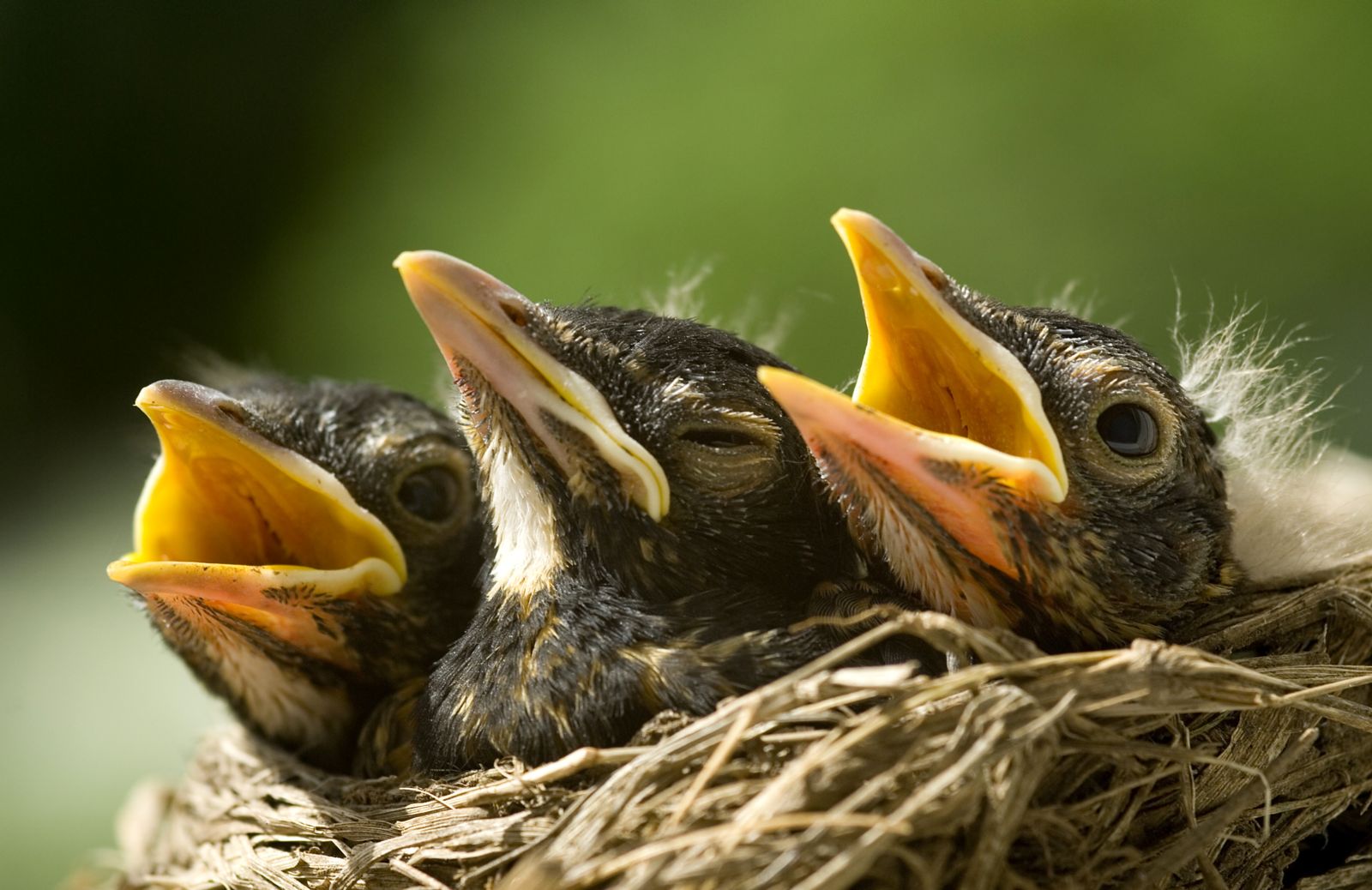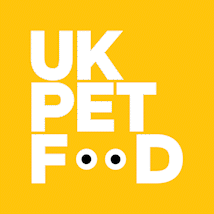Effects Of UK Lockdown Period On Wild Bird Food Market
In the last four weeks PFMA members have seen a huge shift in bird food sales from stores to online, and through pet shops. With garden centres and many other retailers closed, communities have come together to find innovative ways for operation until we can surpass this unprecedented time.
By Sarah Hormozi, PFMA Head of Science and Education
Watching and feeding wild birds in our gardens and outdoor spaces is a rewarding and enjoyable activity, not least during these unprecedented times, as the vast majority of us spend most of our time at home.
%20and%20Pine%20Siskin%20(Carduelis%20pinus)%20at%20a%20bird%20feeder.jpg)
Providing supplementary food for wild birds is critical for their welfare as it provides essential nutrition when natural food shortages occur. Feeding wild birds is one of the most practiced forms of human-wildlife interactions and contributes to species diversity and sustaining bird populations.
Here PFMA, as an industry representative for pet and bird food manufacturers, takes a look at bird food sales and market trends before and during the recent lockdown period.
Background
A PFMA survey of 2,000 UK households in early 2020 showed that 41% of people, who have outdoor space at home, engage in feeding wild birds. The survey also found that most people feed wild birds because they enjoy seeing them in their gardens/outdoor space and to support the local wildlife by providing supplementary food. The most common routes to buy bird food are supermarket/grocery (38%), pet shops (23%), garden centres (21%) followed by DIY stores, online and other platforms. The total UK wild bird food market is estimated to be worth £235m (PFMA Bird Food Market Data Report 2019). This represent a 6% increase on 2018, which in turn was up 5% on 2017.
 Most people who feed them are aware that the birds in their garden depend on them to survive. This awareness is not just at winter when birds need supplementary feeding, but also other seasons bring their own conditions and challenges for birds. In spring, for example, supplementary feeding is important because it provides nutritious food for adults while they are working hard to find insects and grubs for their growing young. Additionally, the harvest season has not started yet and there is not much natural food left from last year. If they face a shortage of food this spring, they are likely to struggle to survive and successfully raise their young.
Most people who feed them are aware that the birds in their garden depend on them to survive. This awareness is not just at winter when birds need supplementary feeding, but also other seasons bring their own conditions and challenges for birds. In spring, for example, supplementary feeding is important because it provides nutritious food for adults while they are working hard to find insects and grubs for their growing young. Additionally, the harvest season has not started yet and there is not much natural food left from last year. If they face a shortage of food this spring, they are likely to struggle to survive and successfully raise their young.
What has changed since the beginning of the lockdown (mid-March 2020) in terms of bird food sales, and has there been a shift, e.g. from stores to online?
The current situation, like the previous recession, may encourage many people to focus on what really matters to them. The outcome is likely to see more people engaging with nature in their gardens, growing plants and feeding and observing wild birds. While the demand for feeding birds is there, and birds need the extra nutrition between now and harvest, the challenge is how to safely source the food.
Luckily, many of the channels selling wild bird food are still functioning either because they are considered as ‘essential retail’ due to selling food or pet food or are online businesses that can run as normal. Thanks to the efforts of the UK pet food and pet care sector, pet shops remained open since the start of the lockdown period – another major outlet for sourcing wild bird food. Supermarkets and grocery stores stock a limited range of bird food while many online retailers stock and deliver bird food products.
PFMA members have seen a huge shift in bird food sales, from stores to online, in the last four weeks. Many online stores have been struggling to manage the unusual increased demand, having to temporarily close their online shops as they were unable to cope with the level of business coming in.
One of PFMA members, a major manufacturer of bird food commented: “The largest increase in orders has been from those who have a significant online presence. We are now in our fifth week of lockdown and even still, the volume of orders on our system has never been higher - even at times of snow during winter or good bird populations during Spring and Summer.”
 The dedication of people wanting to play their part for their local wildlife, even during more difficult times, makes wild bird feeding fairly recession-proof, as the British Trust for Ornithology (BTO) puts it. Add to this the current situation in which people are largely confined to their homes and have more time to enjoy seeing the birds in their gardens, and wild bird food market seems to be expanding.
The dedication of people wanting to play their part for their local wildlife, even during more difficult times, makes wild bird feeding fairly recession-proof, as the British Trust for Ornithology (BTO) puts it. Add to this the current situation in which people are largely confined to their homes and have more time to enjoy seeing the birds in their gardens, and wild bird food market seems to be expanding.
A PFMA member highlighted: “Overall, we are seeing a shift towards online purchasing, with a substantial rise in pet shop sales. It has been brilliant to see communities come together and find innovative ways for operation until we can surpass this unprecedented time.”
Another PFMA member commented on their fund-raising activity: “We have set up a pop-up wild bird shop to raise money for a charity dedicated to helping everyone who works in horticulture when times get tough.”






